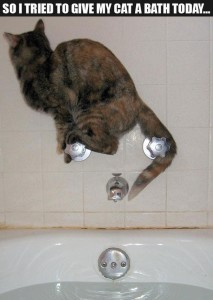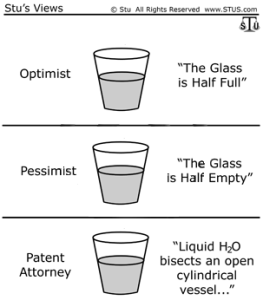A post from student blogger Josh
Who doesn’t love final exams? Everyone! Yay! Your professors hate grading them, you dislike studying for them, and they loom in everyone’s mind from the moment Thanksgiving is finished until you finally put your pen down on the last day of the semester. By the time you start MSPL you’ve had at least 8 rounds of finals, and yet they’re still as annoying and stressful as ever. You certainly don’t want my advice on studying for finals, nor do you want to imitate my study habits. What you do want is to finish those papers, give those talks, take the tests, and then go home and sleep until Christmas rolls around.
So how does one look on the bright side and enjoy life for these next couple of weeks? Well it may sound nerdy, but hearing about my MSPL classmates and their respective capstone projects as they near the completion of a semester’s worth of work is exciting. Seeing everyone in the program come from being unable to claim the chairs we sat in to defending a complex piece of intellectual property for a real inventor is actually extremely cool. It’s a constant reminder of how far we’ve come in just 4 months. I’ve had semesters where I learned new forms of mathematics, or learned to think of mechanical processes in new ways; but I’ve never come so far in learning a whole new skillset in such a short period of time. The fact that we can reasonably be expected to perform at this level may be somewhat stressful, but it’s also a testament to our work ethic and the quality of education we have received at the hands of our mentors.
The fact that we’ve made it this far is worth celebrating; unfortunately, we can’t actually do that until the semester is over. But there is that light at the end of the tunnel to look forward to, and we’ll all make it out just fine. To those of you who read this and aren’t members of MSPL, good luck on your finals. Stay tuned for the mental breakdown I will inevitably have on this page next week, because today instead of doing more work I will be pigging out on leftovers and watching the Seahawks blow a 4th quarter lead.




